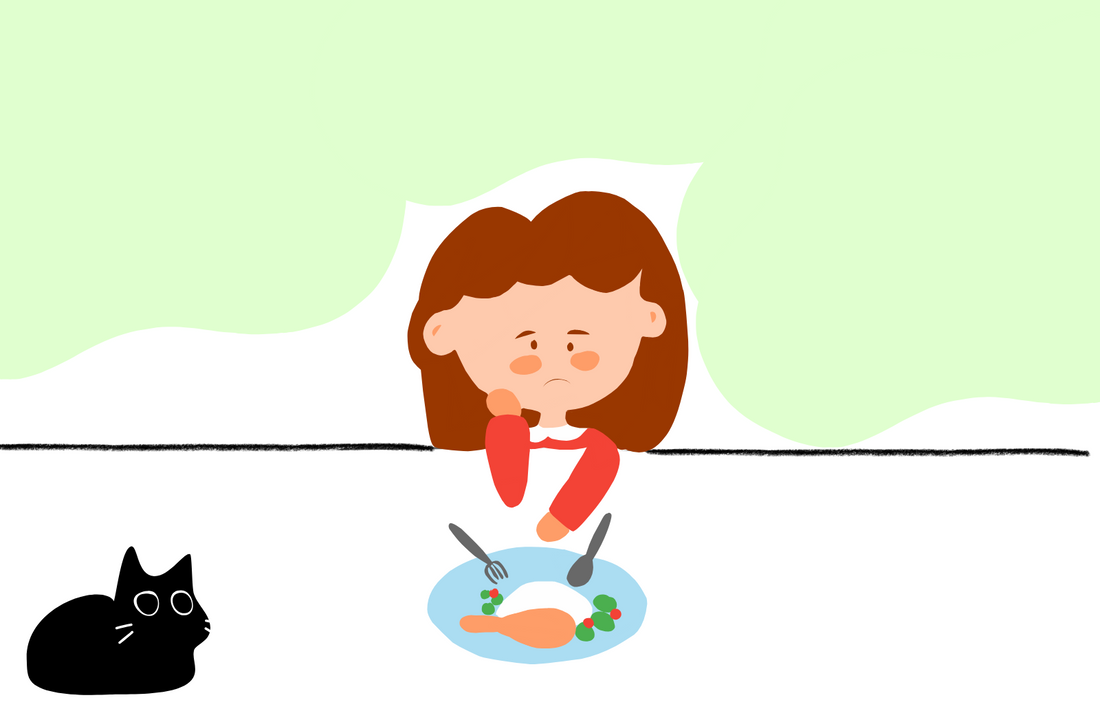
Dealing with Toddler’s Loss of Appetite: Tips for Promoting Healthy Eating
Share
Is your toddler pushing the plate away, especially when it's filled with greens? You're not alone in this mealtime battle. A loss of appetite and an aversion to healthy foods are common in toddlers, but fret not. This article explores the possible reasons for this behavior and offers practical tips to help your little one embrace a nutritious diet.
Why the Loss of Appetite?
Toddlerhood is a time of rapid growth and change, which can lead to fluctuating appetites. Here are a few reasons why your toddler might be showing less enthusiasm towards food:
- Growth Rates Vary: If they're not in a growth spurt, they might not need as much food.
- Independence: Toddlers often express their independence through their eating preferences.
- Taste and Texture Sensitivity: Many toddlers are picky about the texture, colour, and smell of foods.
- Teething or Illness: Physical discomfort can also lead to decreased appetite.
Practical Tips to Encourage Healthy Eating
Turning mealtime into a fun and interactive experience can make a whole lot of difference. Here’s how:
- Involve Them in Food Prep: Let them wash veggies or mix salad dressings. This involvement can pique their interest in what they've helped to make.
- Creative Presentation: Use cookie cutters to make shapes out of fruits, veggies, and whole-grain sandwiches.
- Small Portions: Overwhelming large servings can deter their interest. Start small to avoid intimidating them.
- Routine and Patience: Keep meal times consistent. If they refuse a meal, offer it again later. It can take several exposures to new foods before they accept them.
- Healthy Snacks: Ensure that available snacks are healthy. Think fruits, nuts, or yogurt, instead of chips or cookies.
When to See a Doctor
While pickiness is normal, certain signs warrant a doctor's visit:
- Consistent refusal to eat and drink
- Dehydration symptoms (like dark urine or no urine for 8–12 hours)
- If they're losing weight or not gaining expected weight
- Persistent diarrhoea or vomiting after eating
Conclusion
Every toddler is unique, and so is their relationship with food. With patience, creativity, and a bit of cunning, you can navigate through this phase effectively. Remember, the goal isn't just to get them to eat but to enjoy and prefer healthy choices naturally. If concerns about their nutrition and growth persist, consult with a pediatrician to rule out any underlying issues.
Final Tip
Meal times should be stress-free and positive. Keep experimenting with foods, and don’t give up if they reject something new. Keep the vibe positive and your little one will likely come around to a plateful of health!

